Money managers are sounding the alarm on some of the year's most popular emerging-market trades, warning that overcrowding poses significant risks to investors. The warning signs are particularly evident in the Brazilian real, which has delivered carry trade returns of around 30% this year, making it one of the top performers in the emerging markets.
According to Wells Fargo Securities, valuations for Latin American currencies, including the Brazilian real, have become detached from fundamentals. The firm estimates that the Brazilian real is trading at a premium of around 20% to its fair value, based on historical data and economic indicators. This premium is a red flag for investors, as it suggests that the currency is overvalued and vulnerable to a correction.
Fidelity International is also sounding the alarm on emerging markets, particularly in Africa. The firm is concerned that less liquid markets in Africa are at risk of a sharp sell-off should global volatility spike. Africa's emerging markets have been a hotbed of activity this year, with many investors seeking out high-yielding assets in the region. However, Fidelity International warns that these markets are not as deep or liquid as those in other regions, making them more susceptible to a sharp downturn.
Lazard Asset Management is also keeping a close eye on emerging markets, particularly after the recent firesale in Asian tech stocks. The sell-off, which occurred in early November, was the worst since April and highlights the risks of investing in emerging markets. Lazard Asset Management is advising its clients to exercise caution and to focus on more defensive strategies.
The warning signs are not limited to individual markets or sectors. The entire emerging market space is facing increased scrutiny, as investors become increasingly wary of the risks associated with these assets. The Brazilian real, in particular, has been a darling of investors this year, but its high valuation and overexposure to carry trade returns make it a prime candidate for a correction.
The implications of a correction in emerging markets are significant. A sharp sell-off in these markets could have far-reaching consequences, including a decline in investor confidence and a tightening of financial conditions. This could have a ripple effect on the broader economy, making it more challenging for businesses and consumers to access credit and finance.
In terms of numbers, the Brazilian real has delivered carry trade returns of around 30% this year, making it one of the top performers in the emerging markets. However, Wells Fargo Securities estimates that the currency is trading at a premium of around 20% to its fair value, based on historical data and economic indicators. This premium is a red flag for investors, as it suggests that the currency is overvalued and vulnerable to a correction.
The warning signs are clear: money managers are sounding the alarm on emerging markets, and investors would be wise to take heed. While these markets have delivered strong returns in the past, the risks associated with them are significant, and a correction is not out of the question. As investors, it is essential to be aware of these risks and to exercise caution when investing in emerging markets.



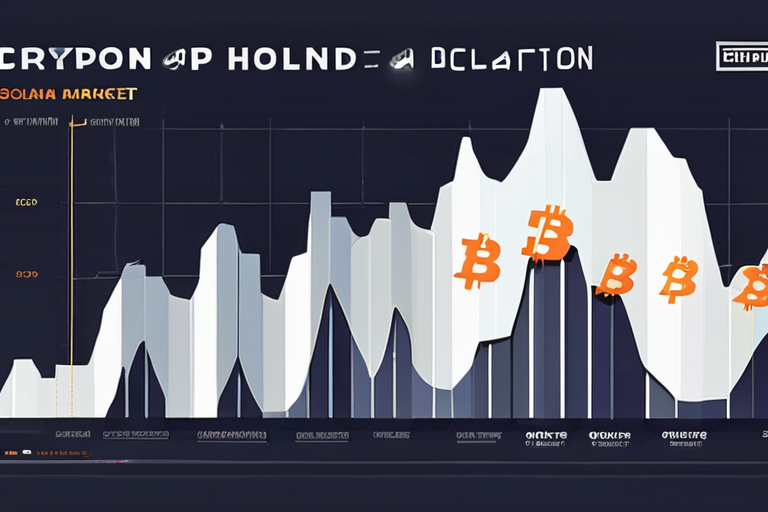




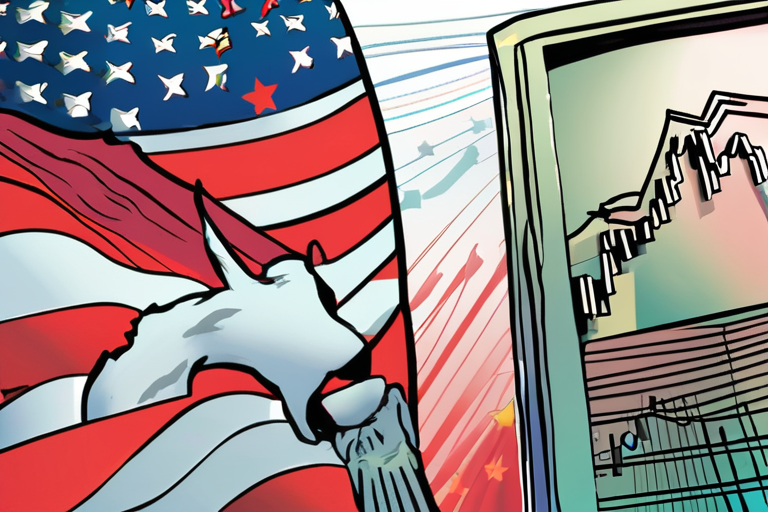


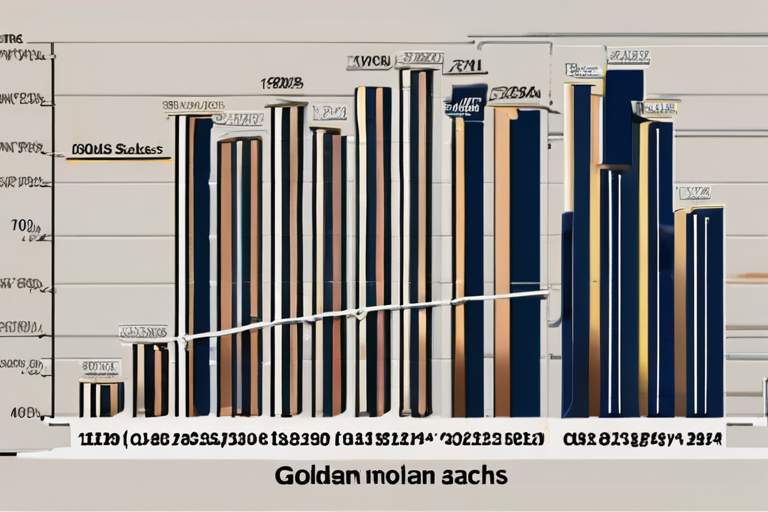







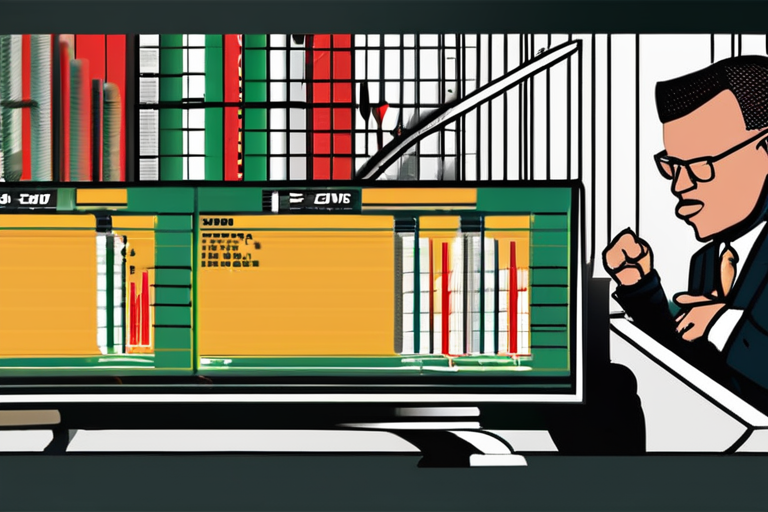

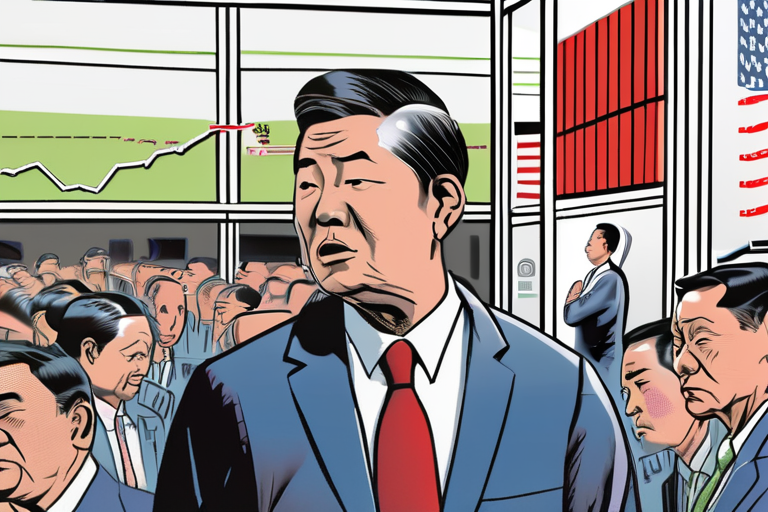





Share & Engage Share
Share this article